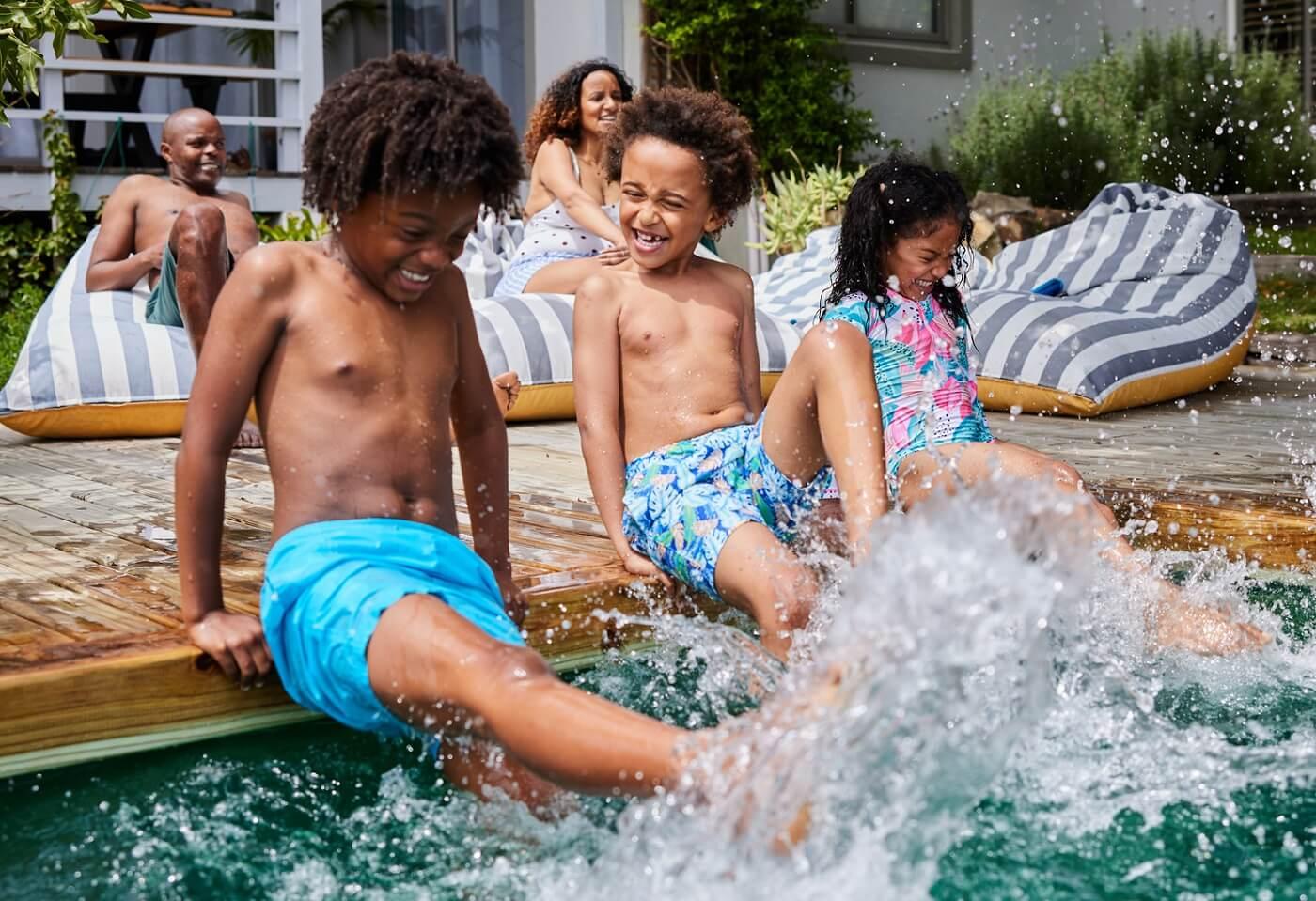Summer is the perfect time to enjoy outdoor activities with family and friends, such as swimming, hiking and barbecuing. To ensure your summer fun is safe and enjoyable, remember to protect yourself from the sun with sunscreen and protective clothing, stay hydrated and avoid heat-related illnesses. Read these tips for safe summer fun!

Sun Protection
Summer brings plenty of sunshine, making it important to protect your skin from harmful UV rays. Prolonged exposure to the sun can cause sunburn, premature aging and can increase the risk of skin cancer. To be safe, always apply a broad-spectrum sunscreen of at least SPF 30 before going outside. Reapply every two hours or immediately after swimming or sweating. Additionally, wear protective clothing, such as long-sleeved shirts, hats and sunglasses to protect your skin and eyes from sun damage.
Sun Protection List:
- Use SPF 30+ sunscreen
- Reapply sunscreen every 2 hours
- Wear long-sleeved shirts and hats
- Use sunglasses for eye protection
Insect Protection
Summer is also the season for insects, including mosquitoes, ticks and bees, which can carry diseases or cause allergic reactions. To protect yourself, apply insect repellent containing DEET, picaridin or oil of lemon eucalyptus when spending time outdoors. Wearing long sleeves and pants can provide an additional barrier against bites. Check your body and clothes for ticks after being in wooded or grassy areas and remove any you find promptly. Keep outdoor areas clean to avoid attracting bees and other stinging insects.
Insect Protection List:
- Use insect repellent
- Wear long sleeves and pants
- Check for ticks after being outdoors
- Keep outdoor areas clean
Water Safety
Summer is a great time for swimming and water activities, but safety should always come first. Never swim alone and ensure children are always supervised by a responsible adult. Learning CPR and basic water rescue skills in case of an emergency may be a good idea. Make sure to swim in designated areas where lifeguards are present. For boating or other water sports, always wear a life jacket. Be aware of weather conditions and water currents and avoid swimming in strong currents or during storms.
Water Safety List:
- Never swim alone
- Supervise children around water
- Learn CPR and rescue skills
- Wear life jackets for boating
- Swim in lifeguarded areas
